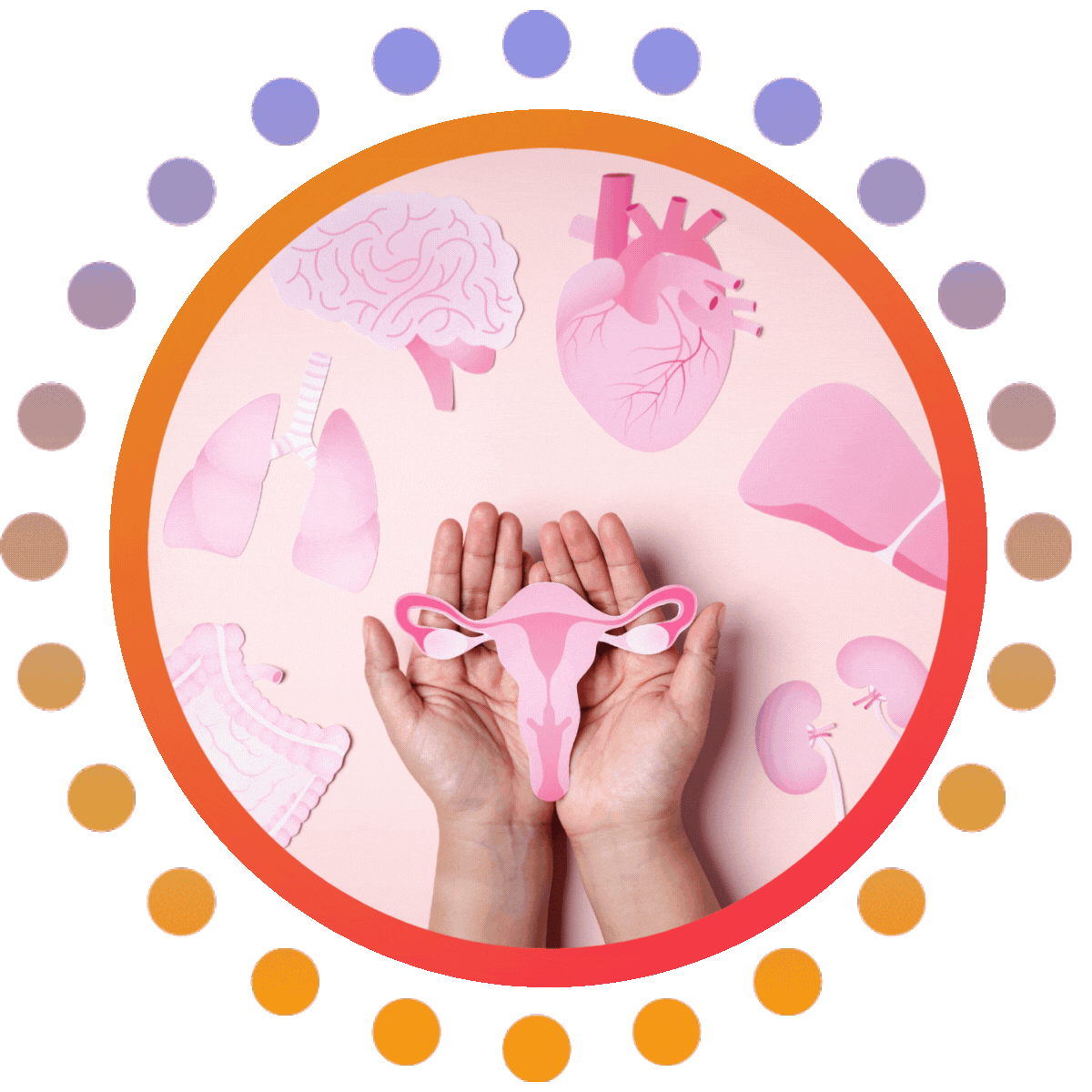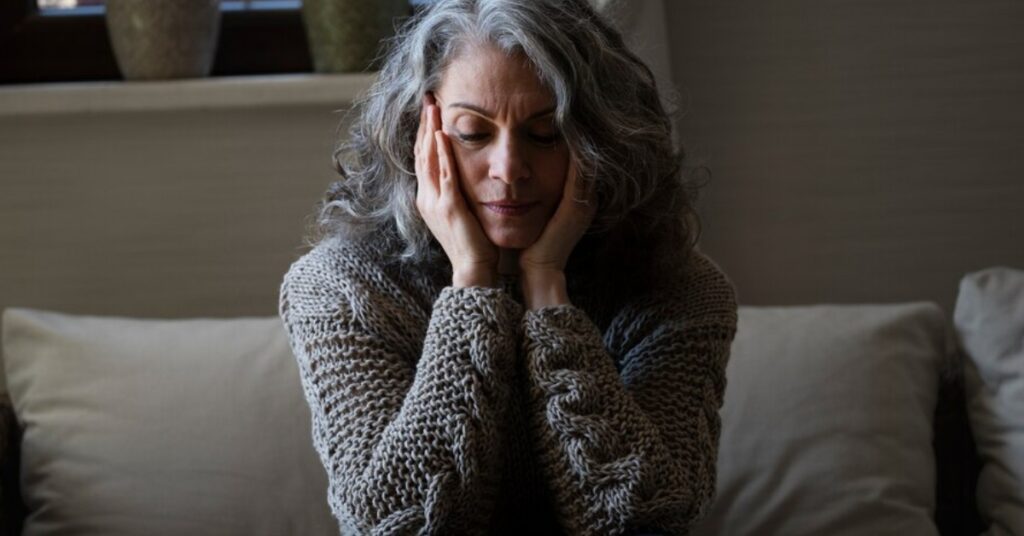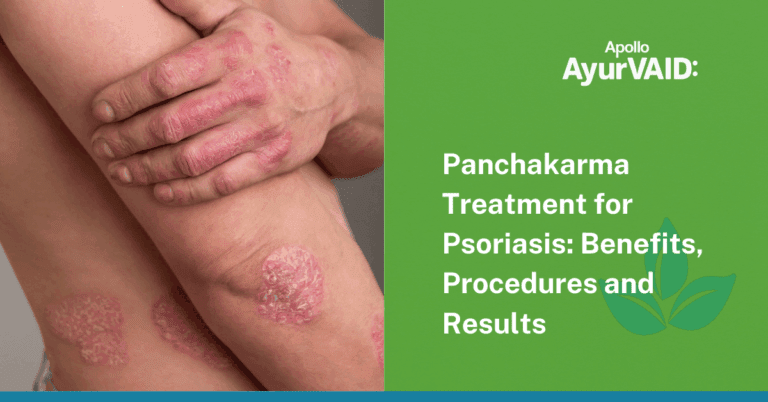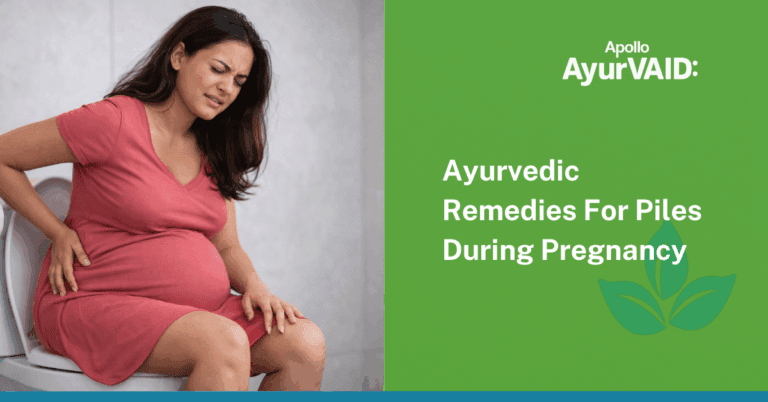
Web Stories
Step Into the Story: Explore Now
Menopause is a natural phase in a woman’s life, marking the end of her reproductive years. While it is a significant transition, it doesn’t have to be hard on anyone. Menopause represents a significant biological transition in a woman’s life, marked by the cessation of menstrual cycles and a shift in hormonal balance. An Integrative Ayurveda approach combines traditional Ayurveda principles with contemporary medical practices and offers valuable insights and clinical strategies to manage this phase with precision and efficacy.
Here are some essential tips for women in their late forties:

Understand Your Body
Ayurveda acknowledges the relevance of doshas, the fundamental energies governing our physiological and psychological states. During menopause, Vata dosha tends to become more prominent, leading to symptoms like vaginal dryness, anxiety, dryness of skin and insomnia. Integrative Ayurveda care combines Ayurveda insights with contemporary diagnostic tools to create personalized treatment plans. Ayurveda panchakarma and medical care followed by dietary adjustments, and lifestyle modifications are integrated to address hormonal imbalances effectively. This can bring back your health and vitality and may also give you a chance to avoid any hormonal replacement therapies. This approach ensures a comprehensive management strategy and restores health.
Ayurveda Herbal Medicines and Panchakarma
Ayurveda emphasizes the use of phytoestrogen and adaptogenic herbs to support hormonal balance during menopause. Herbs like Ashwagandha, Shatavari, and Yashtimadhu have gained recognition for their hormone-modulating properties. Plant-based approach enhances the effectiveness of hormonal balance while minimizing side effects. Always consult an Ayurveda healthcare professional to determine the most suitable herb and dosage for your specific needs. Similarly, Panchakarma therapies like Abhyanga (full body massage), Shirodhara, etc can help in managing physical as well as emotional symptoms of menopause such as hot flashes, stress, anxiety, and insomnia.

Prioritizing Self-Care
Ayurveda emphasizes wholesome self-care practices during menopause. Ayurveda promotes establishing daily routines or Dinacharya that encompass daily and seasonal rituals such as Abhyanga (self-massage), padabhyanga, and meditation. Ayurveda self-care plans incorporate nutrition counseling, yoga, pranayama, relaxation techniques, exercise regimens, and mindfulness practices.
Mindful Eating and Nutrition
Each body is different and a customized diet plan is what Ayurveda suggests. Ayurveda embraces mindful eating as a core aspect of menopause management. Ayurveda doctors emphasize a diet rich in whole, unprocessed foods that support hormonal health and overall well-being. Dietary practices, such as consuming phytoestrogen-rich foods like sesame and flaxseeds, help to alleviate menopausal symptoms. Ayurveda diet plans are customized to individual nutritional needs, considering the integration of plant-based supplements or nutraceuticals when necessary.
Integrating Emotional Well-being Practices
Menopause often brings about emotional fluctuations, and Ayurveda provides valuable tools for emotional well-being. Ayurveda focuses on advocating for practices like pranayama, relaxation techniques, meditation, mindfulness, and counseling to manage mood swings and anxiety effectively. This approach allows women to navigate menopause with enhanced emotional resilience and psychological well-being.
Integrative Care for a smoother transition
Menopause or premenopause is a transition period in a woman’s life with physical and emotional challenges that occur in her late forties, often after the age of 45. Ayurveda medical care focuses on whole-person health which provides a wholesome approach in this phase. At AyurVAID, our expert physicians specializing in women’s health help you with a natural transition and staying fit in your late forties and beyond.






